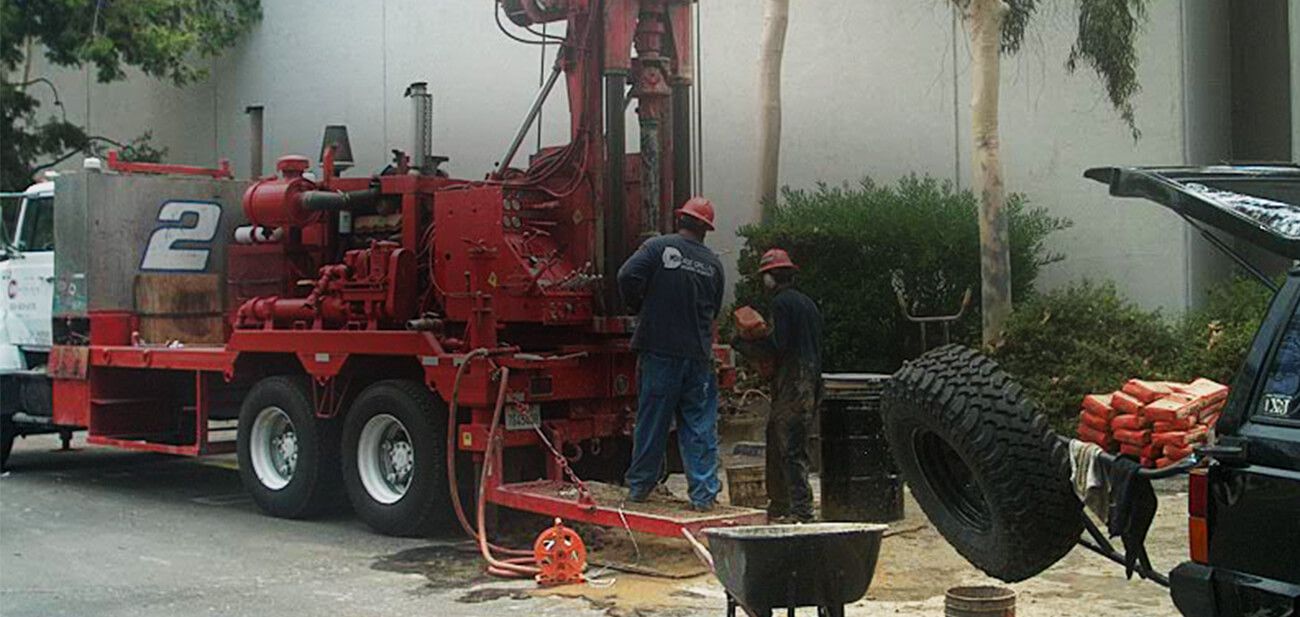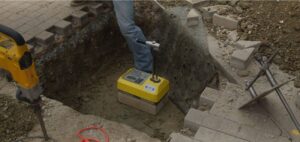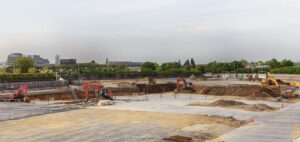
Imagine the foundation of a newly constructed building gradually succumbing to the unpredictability of the earth beneath, leading to uneven settling and significant structural integrity issues. Or picture a newly paved road that cracks and deteriorates far ahead of its expected lifespan due to unforeseen subterranean conditions. These scenarios underscore the critical yet often overlooked peril of ignoring what lies hidden beneath the surface. For many homeowners, real estate developers, and non-engineering professionals, the concept and intricacies of geotechnical surveys remain enshrouded in mystery, leaving a cloud of uncertainty regarding their purpose, necessity, and impact on construction projects. Brought to you by G3SoilWorks, a leader in geotechnical engineering, this comprehensive guide aims to demystify geotechnical surveys, shedding light on their critical role in construction and land development projects. By delving into what geotechnical surveys test for, why they are indispensable, and how they can significantly influence the outcome of any project involving the earth, this guide empowers readers with the knowledge to make informed decisions about their property and construction endeavors.
A geotechnical survey, often perceived as a complex and technical domain, is essentially a detailed examination of the ground to ascertain its capacity to support structures. This type of survey distinguishes itself from other surveys by focusing not on the surface features but on what lies beneath—the soil, rocks, and groundwater. Its primary role in site investigations is to provide essential data that forms the bedrock of safe and efficient construction planning and execution. Hence, a geotechnical survey is an exploration and analysis endeavor that seeks to understand the ground’s physical properties and behaviors, ensuring that construction projects are built on solid foundations.
Conducting a geotechnical survey is an essential step in the planning and development of any construction project. Its importance cannot be overstated, as it provides critical data about the subsurface conditions of a site, influencing every aspect of construction from design to completion. Here’s an expanded overview of why a geotechnical survey is indispensable:
The necessity of conducting a geotechnical survey lies in its ability to provide a detailed understanding of the ground conditions, which is critical for the safe, efficient, and sustainable development of construction projects. It forms the basis for informed decision-making throughout the design and construction process, ensuring that structures are built on solid foundations tailored to the unique challenges of each site.
A geotechnical survey is not a one-size-fits-all process but is customized to each project’s needs and the site’s specific conditions. This customization involves a variety of tests, including:
Techniques such as drilling boreholes, soil sampling, and employing advanced geotechnical survey equipment like geophysical instruments, allow engineers to collect data from below the ground. This step is crucial for understanding the stratigraphy and material properties that will influence construction.
Once soil and rock samples are collected, they undergo a series of laboratory tests. These tests are designed to determine properties such as strength, compressibility, permeability, and chemical composition. The outcomes of these tests provide a quantitative basis for designing structures that can withstand the forces of nature.
The final step involves geotechnical engineers analyzing the collected data to create comprehensive reports. These reports interpret the findings and offer recommendations for construction, effectively translating complex geotechnical data into actionable insights for project teams.

The benefits of conducting geotechnical surveys stretch across a wide array of projects, making them indispensable for ensuring the stability, safety, and longevity of various types of construction endeavors. These surveys provide vital information that influences the planning, design, and execution phases of projects ranging from small residential repairs to large-scale infrastructure development. Below is an expanded discussion on how geotechnical surveys benefit diverse projects:
The decision to conduct a geotechnical survey should be viewed as a proactive measure that safeguards the investment in any construction project, big or small. The insights gained from these surveys not only contribute to the structural integrity and success of a project but also promote safety, sustainability, and cost savings over the project’s lifespan. By understanding and addressing the challenges posed by soil and rock conditions early in the project lifecycle, stakeholders can avoid unforeseen complications, ensuring that their projects are built to last.
Foregoing a geotechnical survey can lead to catastrophic consequences, such as structural failures, safety hazards, and financial losses due to unforeseen repairs. The value of these surveys transcends mere compliance with construction standards; they embody a proactive approach to risk management, project planning, and ensuring that every construction effort is predicated on a thorough understanding of the ground conditions. By comprehensively employing geotechnical survey methods and leveraging the latest in geotechnical survey equipment, stakeholders can navigate the complexities of the subsurface environment, ensuring that projects are not only feasible but also primed for longevity and safety.
The complexity and critical nature of geotechnical surveys necessitate the expertise of qualified geotechnical engineers. When selecting a professional or firm, such as G3SoilWorks, to conduct these surveys, it’s essential to consider their reputation, experience, and the breadth of their technological capabilities. Professional organizations and industry certifications can be good indicators of a firm’s qualifications. Additionally, resources like downloadable guides, checklists, and case studies can help stakeholders better understand the geotechnical survey process and set realistic expectations for their projects.

In the realm of construction and land development, geotechnical surveys, as expertly conducted by G3SoilWorks, stand as a testament to the industry’s commitment to safety, sustainability, and structural integrity. These surveys are the bedrock upon which informed decisions are made, ensuring that every project, regardless of its scale or complexity, is built on a foundation of solid ground. In embracing geotechnical surveys, the construction industry moves closer to a future where every structure stands not just on the earth, but in harmony with it, safeguarded against the unseen forces that lie beneath. Call us at +1 714-668-5600 for more information.
A: Geotechnical surveys are vital for any construction project as they provide essential data for safe and efficient building practices. They help in:
A: G3SoilWorks utilizes state-of-the-art geotechnical survey methods and equipment to provide comprehensive insights into the subsurface conditions of any construction site. Our approach includes:
3: Why invest in a geotechnical survey?
A: A geotechnical survey is essential for:
Follow, engage, learn. Stop by our blog to see what’s happening at G3SoilWorks.
G3Soilworks – a full service geotechnical/ engineering geologic consulting firm serving clients since 2009 and delivering expert solutions with our highly experienced team and specialized consultants.
G3SoilWorks
350 Fischer Avenue Costa Mesa, CA 92626
Tel. 714.668.5600
E. info@g3soilworks.com